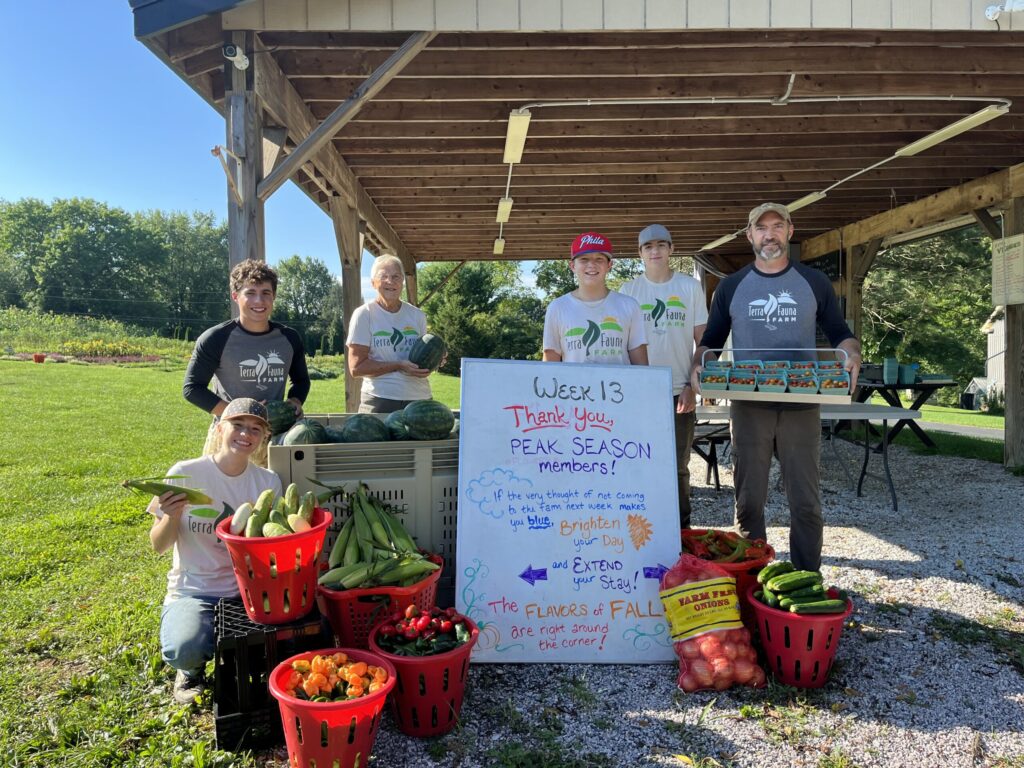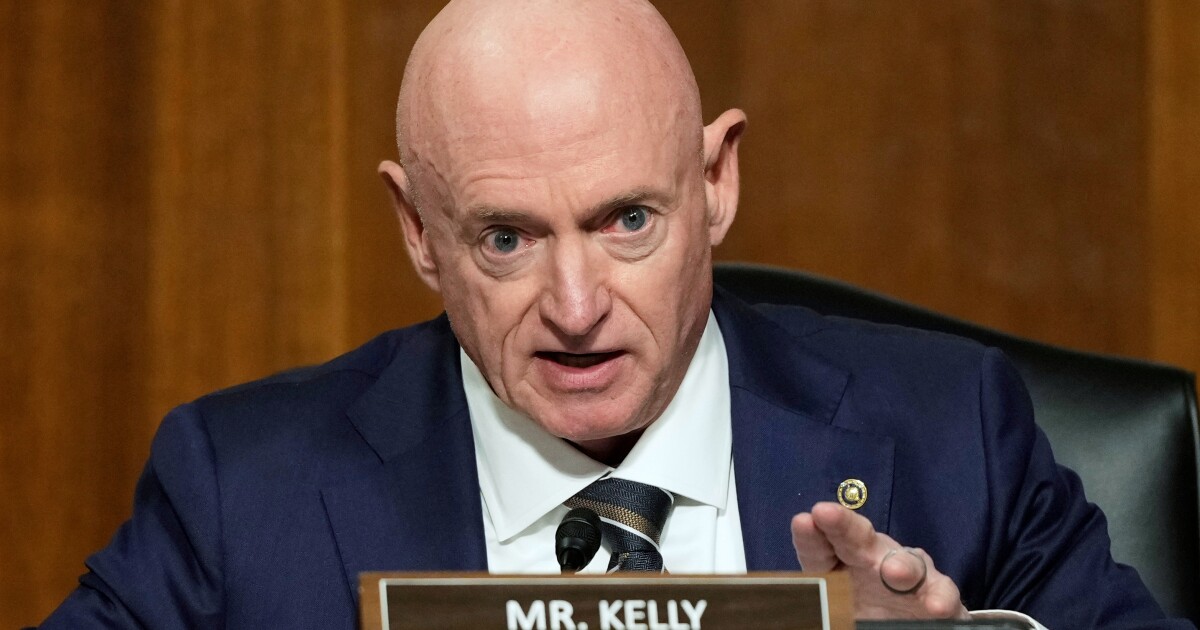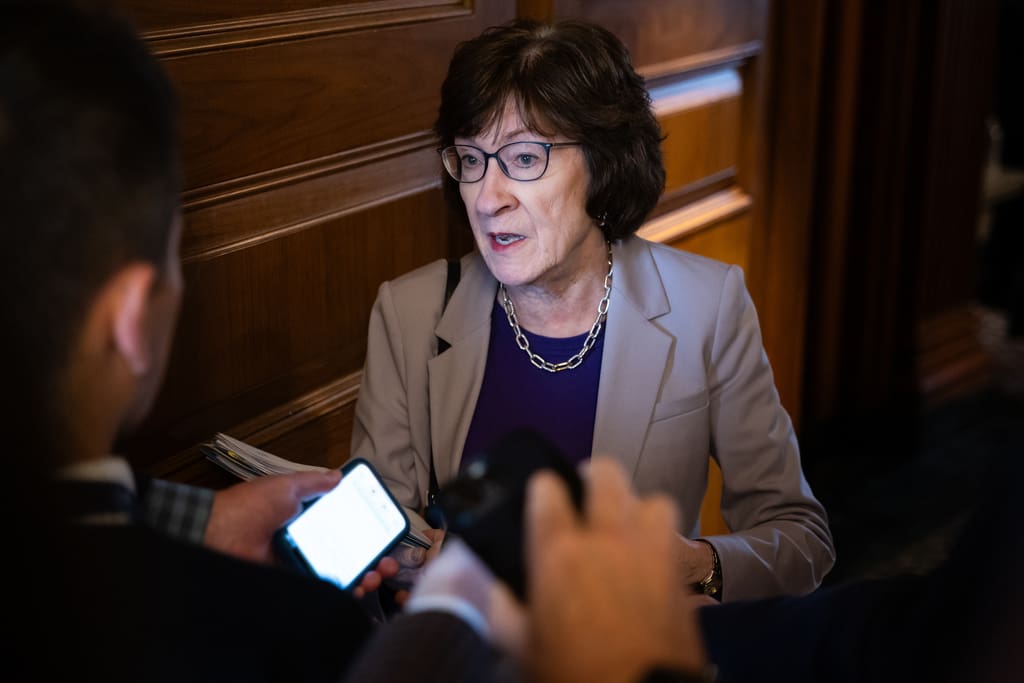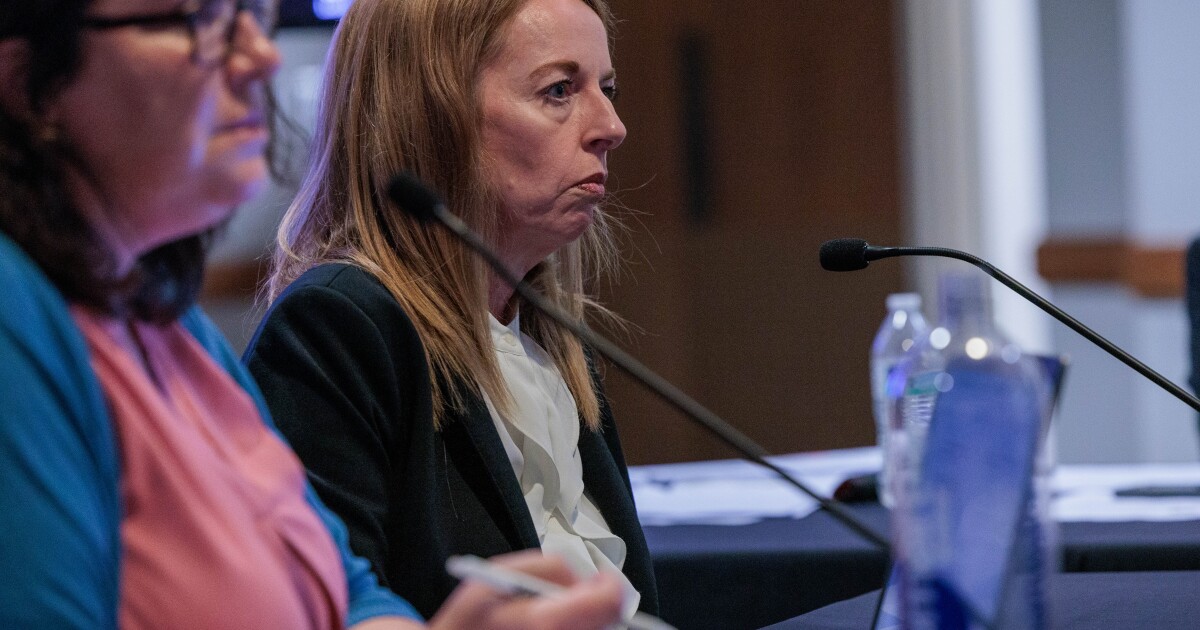Article Summary –
In 2024, the U.S. Department of Agriculture allocated $1.13 billion to support schools, child care centers, and food banks in obtaining locally sourced foods, but this was canceled by the Trump administration in 2025, citing that the programs didn’t align with the agency’s goals. The cancellation of the Local Food for Schools Cooperative Agreement Program and the Local Food Purchase Assistance Cooperative Agreement Program has affected Pennsylvania schools and farms, causing significant disruptions in their planning and financial stability, as described by various stakeholders including Nicole Melia and Greg Edelman. In response, Pennsylvania’s Governor Josh Shapiro is challenging the USDA’s decision, emphasizing the program’s importance in supporting local agriculture and providing nutritious food to low-income families, as highlighted by Pennsylvania Secretary of Agriculture Russell Redding in his appeal to reverse the decision.
In a surprising move, the U.S. Department of Agriculture’s $1.13 billion funding for local food initiatives in schools and food banks has been canceled by the Trump administration. This decision affects programs designed to foster local food sourcing, leaving many schools and farmers scrambling.
The USDA spokesperson stated that the $660 million Local Food for Schools Cooperative Agreement Program and the $472 million Local Food Purchase Assistance Cooperative Agreement Program would not continue under the new administration, deeming them ineffective for agency goals.
USDA Secretary Brooke Rollins told Fox News that these initiatives, initiated during the COVID era, were excessive spending measures of the previous government. She argued they didn’t target the intended recipients and labeled them as an unnecessary financial burden.
‘You can’t teach a hungry child’
Nicole Melia of the School Nutrition Association of Pennsylvania voiced concerns over a $23 million funding loss for Pennsylvania schools. This decision disrupts established plans with local farmers and affects students’ access to nutritious meals, which she argues are crucial for effective learning.
Melia mentioned that schools, expecting these funds, had set up partnerships with organizations like the Common Market in Philadelphia to source local produce. The funding cuts mean schools must navigate these challenges amid rising costs and supply chain issues.
As director of food services in Norristown, Melia shared the positive impact of universal free meals in her district, highlighting how the Local Food for Schools program fostered partnerships with local producers like Frecon Farms. Without this support, schools may struggle to sustain these relationships.
The struggles of a Pennsylvania farmer
Greg Edelman, a farmer in Northampton, benefited from the Local Food Purchase Assistance program, enabling him to farm full-time. With the program now canceled, he’s forced to return to construction work. This shift affects his ability to sell produce initially intended for local markets, threatening his farm’s growth and sustainability.

Edelman expressed concerns over finding new buyers for produce such as strawberries and sweet potatoes. The LFPA program had provided a stable market, helping his farm eliminate waste by donating to food banks. With the funding cut, such opportunities for collaboration will diminish.
The future of Pennsylvania’s small farms
Small farms, which make up the majority of U.S. farms, face challenges competing with large operations. Haile Johnston of the Common Market noted that prior to these programs, smaller farmers struggled to secure contracts with schools and food banks due to pricing disadvantages.
The LFPA and similar programs enabled small farms to engage with school food services, creating significant market opportunities. Their cancellation leaves these farms searching for new buyers and hurts rural economies reliant on these sales.
Amid climate change and economic pressures due to tariff policies, small farmers are particularly disadvantaged without federal support. Lindsey Shapiro of Pasa Sustainable Agriculture emphasized that recent USDA reversals are demoralizing for farmers who had begun to see increased alignment with federal efforts to support smaller operations.
Johnston remarked that with no replacement for the canceled programs, both the rural communities and the recipients of nutritious food will suffer. The programs’ absence means loss of vital economic and nutritional support.
Gov. Shapiro fights back
Governor Josh Shapiro has appealed the USDA’s decision to terminate the LFPA program in Pennsylvania, emphasizing its support for 189 farms and 14 food banks. In a letter, Secretary Russell Redding argued there’s no legal basis for the cancellation, noting the program’s alignment with USDA’s priorities of supporting local farmers and enhancing supply chain resilience.
—
Read More Pennsylvania News










